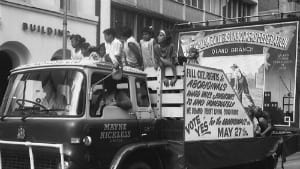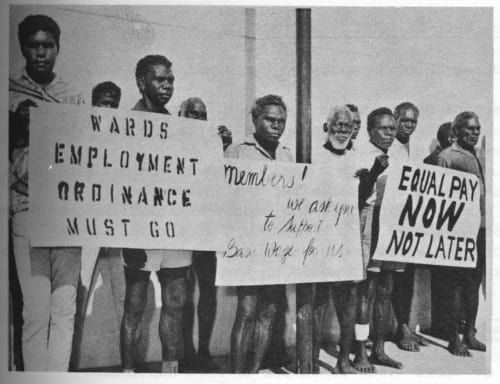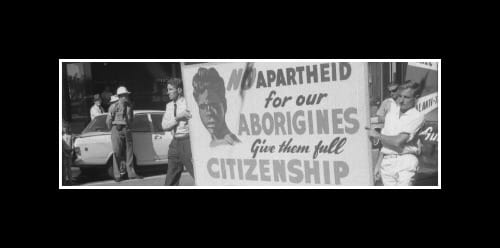The colonization of indigenous nations was not unique to the Americas as Australia’s native Aboriginal people suffered under the weight of European imperialism too. On this day in 1967, however, an overwhelming majority of White Australians voted to have the nation’s constitution changed to recognize Aboriginals as a group in its census but with an agenda.
RELATED: Aboriginal Icon Truganini Died On This Day In 1876
The Australian Federation was formed in 1901, and its constitution explicitly stated that “aboriginal natives shall not be counted” in census reports, although prior to this drafting of laws, they were indeed counted. As time went on, groups organized to have Aboriginals counted as a people in the country’s census numbers.
This information was key in helping authorities determine their political power as well as drafting programs and allocating funding. Aboriginals who lived in highly populated areas were reportedly counted, but there was evidence that many on the outskirts were not. Moreover, Parliament used the numbers to balance seat numbers and funding as Queensland and Western Australia’s higher Aboriginal numbers would give them a possible unfair advantage.
Still, there was some positive intentions as the referendum to the constitution also made it possible that new federal laws would be enacted to assist Aboriginals. The Federal Council for the Advancement of Aborigines, which drafted a reform plan in favor of the people, largely viewed the day as a victory for their cause.
From the Federal Council for the Advancement of Aborigines:
In 1967, after 10 years of campaigning, a referendum was held to change the Australian Constitution. Two negative references to Aboriginal Australians were removed, giving the Commonwealth the power to legislate for them as a group. This change was seen by many as a recognition of Aboriginal people as full Australian citizens.
The referendum campaign effectively focused public attention on the fact that Aboriginal and Torres Strait Islander Australians were second class citizens with all sorts of limitations — legislative and social — on their lives. This decade-long campaign to change the Constitution came to symbolise the broader struggle for justice being fought during these years. Activists presented the case for a Commonwealth government which would be prepared to take responsibility for Indigenous citizens wherever they lived, for the first time.
This event would spark larger campaigns from the Council and other indigenous groups around the island nation and seemed to operate in tandem with the Civil Rights Movement taking place in the United States. A timeline of events in the plight of Aboriginals in Australia can be viewed here.
SEE ALSO: U.S. Loses Plutonium Over Africa Skies On This Day In 1964











